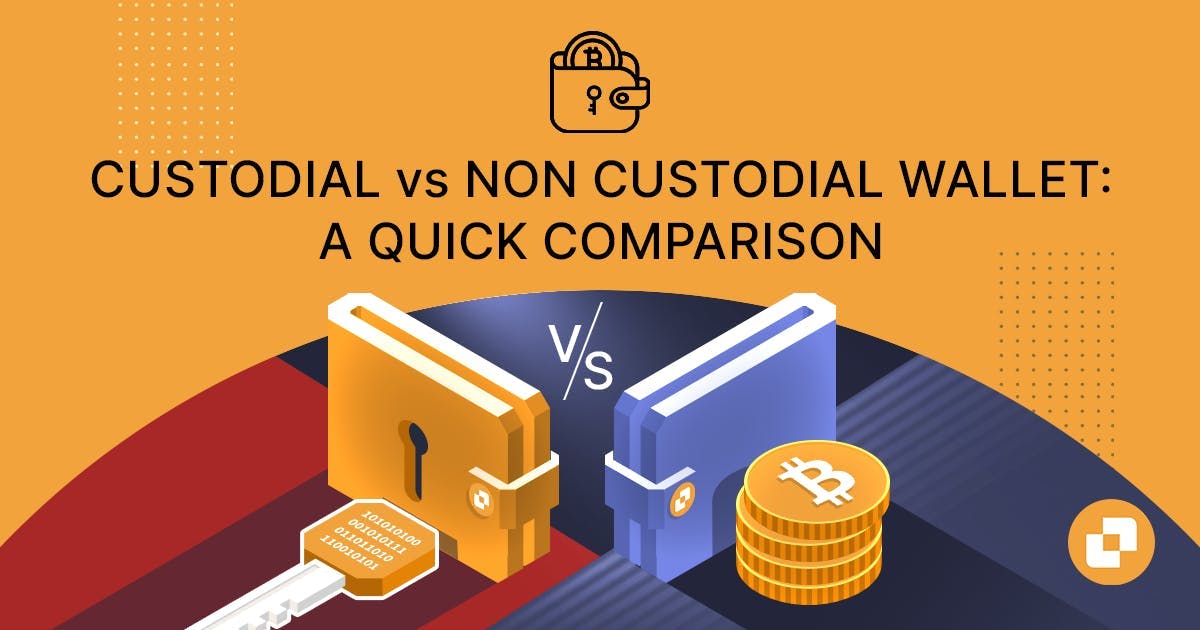Custodial vs. Non-Custodial Wallet: What's the Difference?
Localcoin
•
min read

FAQ
Non-custodial wallets are generally considered safer for cryptocurrency storage because you have full control of your private keys.
While non-custodial wallets reduce the risks of centralized hacks and common crypto scams, their safety largely depends on how securely users handle and store their private keys.
MetaMask is a non-custodial wallet. Users maintain full control of their keys and thus, their assets.
Generally, yes. To adhere to anti-money laundering (AML) and counter-financing of terrorism (CFT) regulations, most custodial wallets and associated platforms mandate KYC checks.